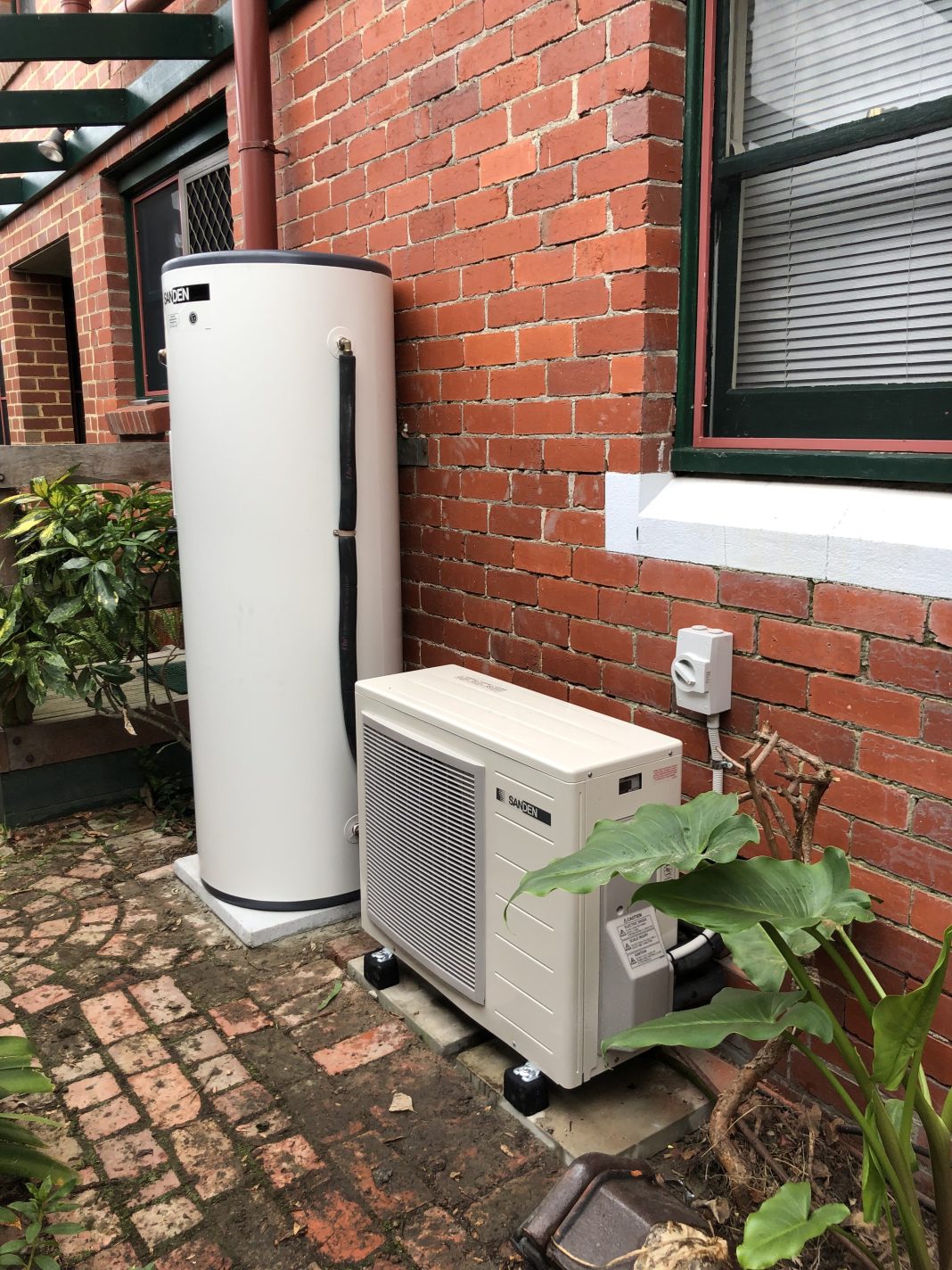 Increasing the Number of Trained Engineers for Heat Pump Installations: A Significant Challenge
Increasing the Number of Trained Engineers for Heat Pump Installations: A Significant Challenge
The government of the United Kingdom is facing a significant challenge in increasing the number of trained engineers needed to support the country’s ambitious goal of achieving net zero carbon emissions by 2050. Heat pumps are a crucial part of the government’s strategy to decarbonize all sectors of the economy. However, an influential committee has raised concerns about the current process for households looking to decarbonize their homes and the potential inequity in the distribution of heat pump subsidies.
The House of Commons Committee of Public Accounts (PAC), responsible for scrutinizing government expenditure, has expressed concerns that most households benefiting from heat pump subsidies are from more affluent groups. The PAC report highlights that the government’s £7,500 Boiler Upgrade Scheme grant may be predominantly utilized by wealthier households who can afford the additional costs of installing a heat pump even without the grant. This raises questions about the accessibility and affordability of heat pumps for lower-income households.
Furthermore, the PAC report criticizes the current complexity and confusion surrounding the process of installing heat pumps. Consumers face challenges in making informed decisions due to the lack of clear information and guidance. The report suggests that the government needs to simplify the process, raise public awareness about heat pumps, and work with industry stakeholders to make heat pumps more affordable.
The cost of heat pump installations is a significant barrier for many households. Currently, an average heat pump is four times more expensive than a gas boiler. Additionally, electricity prices can make running a heat pump more expensive. The mean cost of different types of heat pumps ranges from £13,333 for an air source heat pump to £27,355 for a shared ground loop ground source heat pump. These costs make it crucial for the government to address affordability concerns and explore ways to reduce the upfront and operational expenses associated with heat pumps.
To encourage property owners to transition to heat pumps, the government introduced the Boiler Upgrade Scheme in April 2022. This scheme provides £7,500 grants to incentivize the replacement of existing fossil fuel heating systems with heat pumps. As of the end of March, the total value of grants paid through the scheme was £138.9 million, benefiting 23,871 grant applicants primarily opting for air source heat pumps.
However, the PAC report also highlights a major skills gap. The government is facing a substantial challenge in increasing the number of trained heat pump installers to meet the target of 600,000 heat pump installations by 2028. Currently, 7,000 heat pump installers have been trained, and the Department for Energy Security and Net Zero (DESNZ) aims to have 12,000 trained installers by 2025. Yet, the Heat Pump Association estimates that a staggering 33,700 trained installers will be needed by 2028 to meet the overall installation target.
Retraining existing gas heating engineers to install heat pumps is a key challenge identified by DESNZ. Approximately 110,000 gas heating engineers will need to undergo retraining to meet the demand for heat pump installations. This highlights the need for comprehensive training programs and initiatives to ensure an adequate supply of skilled professionals in the industry.
In terms of monitoring progress, the PAC report raises concerns about DESNZ’s lack of a single measure to track the number of heat pumps installed. Currently, DESNZ relies on data from government grant schemes and heat pump sales data. In 2022, approximately 55,000 heat pumps were sold. However, a more comprehensive and accurate reporting mechanism is necessary to assess the effectiveness of initiatives and identify areas that require further attention.
The scale of decarbonizing heating in over 30 million UK homes by 2050 is immense. According to the UK’s Climate Change Committee, low-carbon sources, including heat pumps, are projected to provide 52% of heating in British homes by 2050. If extended to cover all 23 million homes currently using a gas boiler, the scheme could cost £115 billion, according to a study by the TaxPayers’ Alliance.
In conclusion, while the UK government’s commitment to achieving net zero carbon emissions by 2050 is commendable, there are significant challenges to overcome in the widespread adoption of heat pumps. The PAC report highlights concerns about the accessibility, affordability, and complexity surrounding heat pump installations. Addressing these issues requires a multi-faceted approach, including simplifying the process, raising public awareness, and working with industry stakeholders to make heat pumps more affordable. Additionally, bridging the skills gap and ensuring an adequate supply of trained installers is crucial to meet the ambitious installation targets. With careful planning, investment, and collaboration between the government, industry, and consumers, the UK can make significant progress in decarbonizing its heating sector and achieving its net zero goals.


